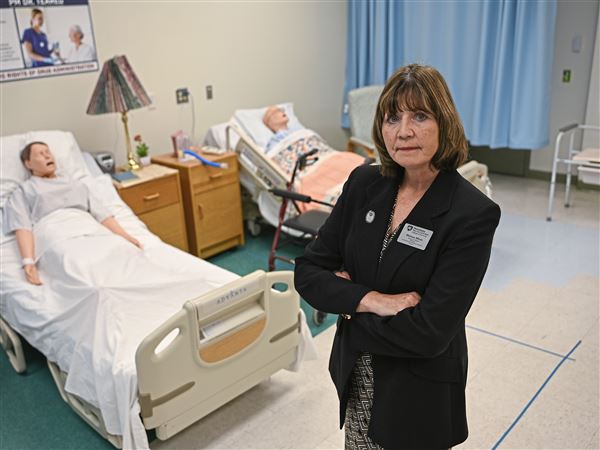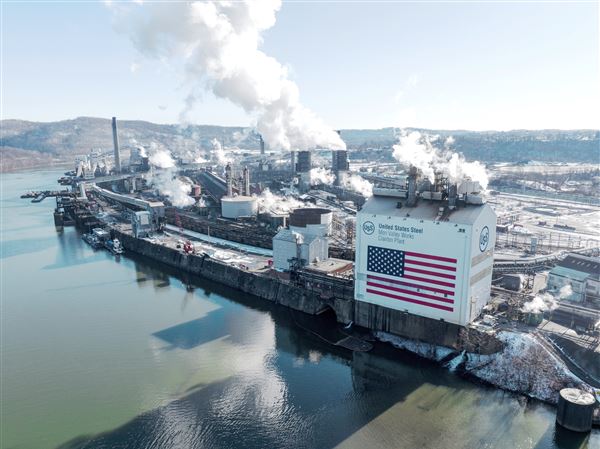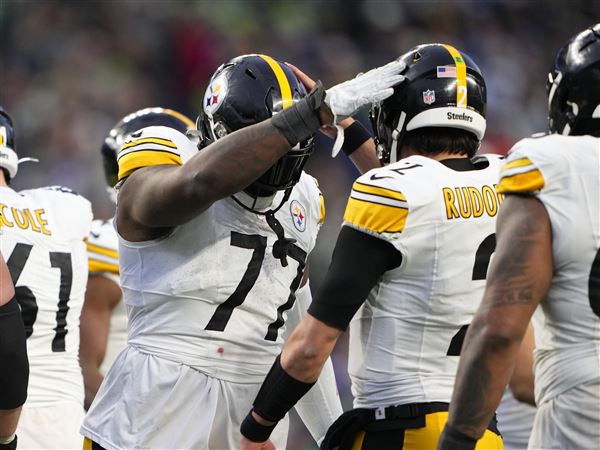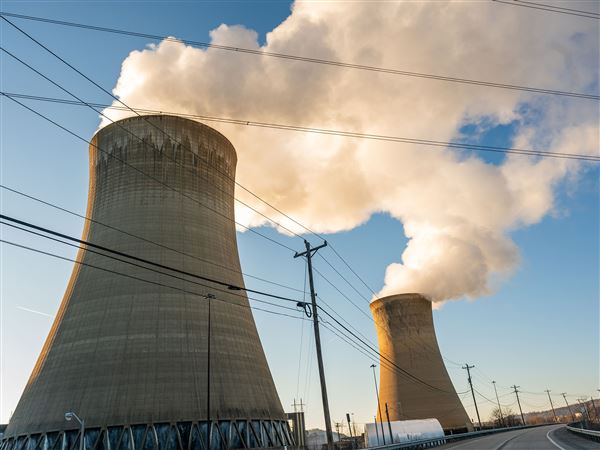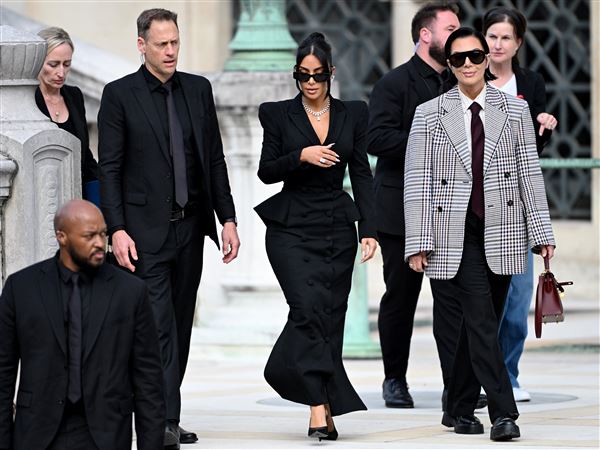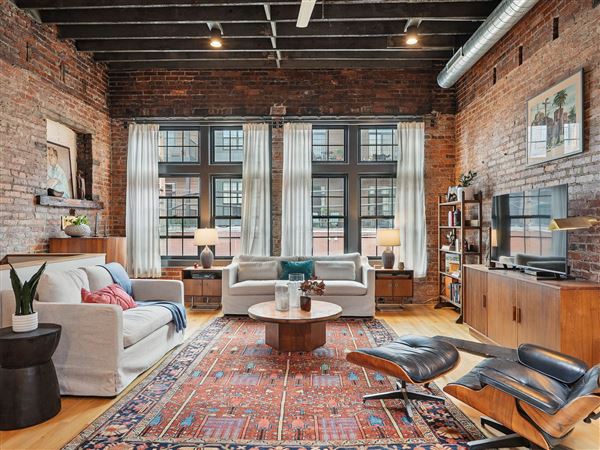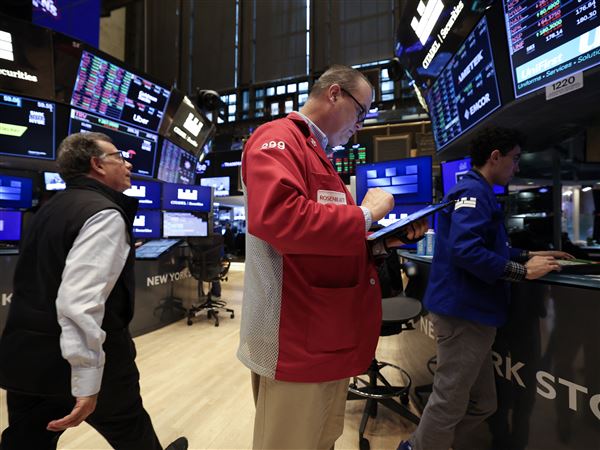MARRAKESH, Morocco -- Thousands of people, including trade union members, marched in Morocco's cities on Sunday demanding a faster transition toward democracy and decrying terrorism, a few days after a bomb in a crowded tourist cafe here killed 16 people, nearly all of them foreigners, and wounded almost two dozen more.
Heavy rain kept the number of protesters down, as did the sense that the terrorist attack, believed by Moroccan authorities to be the work of Al Qaeda in the Islamic Maghreb, had already created a sense of both vulnerability and national cohesion.
Several hundred people rallied and marched here in Marrakesh, but most of them were not part of the campaign known as the February 20 Movement, which is calling for more democracy and a constitutional monarchy, inspired by the protests elsewhere in the Arab world. But there was concern among onlookers that Morocco, which depends heavily on foreign tourism, needed no more instability just now.
"It's terrible; we pray for the victims and hope they will find those who did it," a protester, Mohammed al-Kadri, who works for the local electrical company, said of the bombing. "We will not allow anyone to touch the king. We love him and feel as if he is one of us."
A friend demonstrating with him, Salim Bensikra, said that he did not protest as often as some critics, but that "as long as movements like February 20 are demanding changes in a peaceful way, we have nothing against it."
Abdelilah Hassouni, 29, and his father were cooking and selling flaky doughnuts known as "sfinj" and watching the crowd.
"The attacks are very bad for Morocco, and these children from the February 20 Movement are also not helping us now," Mr. Hassouni said, turning the sfinj in bubbling oil. "I would advise them to start working and not just shout and demonstrate. Do something for the people and the country."
Farid Chaouki, who works for a fish company here, said that the youth needed to accomplish something before criticizing. "They need to learn to work and bring themselves into society, and then they can go and demonstrate," he said. "There is no country in this world where people shout for many things to change and get it all at once."
No group has taken responsibility for the bombing, which was the worst since a series of explosions in Casablanca in 2003 killed 45 people, including 12 suicide bombers. But it bore the hallmarks of Al Qaeda in the Islamic Maghreb, officials said, both in its planning and in the bomb's construction. Investigations are continuing, but the bomb, which was stuffed with nails and contained about nine pounds of various explosives, was set off remotely, probably by a cellphone, Moroccan officials said Friday.
A European security official, speaking on the condition of anonymity, suggested a relatively new cooperation had emerged between members of Al Qaeda in the Islamic Maghreb and the older Moroccan Islamic Combatants Group, which was hatched in Afghanistan, wants a fundamentalist Islamic Morocco and was hit hard by arrests after 2003.
On Saturday, King Mohammed VI visited the site of Thursday's bombing, the Argana cafe facing the historic Djemma el Fna square. He walked through the detritus of the bloody nail bomb, expressed condolences and promised aid. He also visited a hospital where some of the wounded were being treated.
Thousands cheered and waved his portrait and the flags distributed before his arrival. The king said the attack would "only strengthen the Moroccan people's will to stand up to whoever might attempt to derail the model that has been chosen for democratic reform and development."
On March 9, the king responded to the February 20 movement and other calls for democratic change by announcing a committee for constitutional reform. He promised that in the future the Parliament, not the king, would chose the prime minister and that the courts would become more independent. A proposal for change is due from the committee by June, in time for national debate and a referendum in September.
"We want the responsible people to pay for this, but not like in 2003 when they arrested anyone who had a beard," said Majid, 23, a computer science student who would only give his first name.
There is widespread criticism that reforms had stalled before the Arab Spring, out of concerns about terrorism and the growing influence of radical Islam and Al Qaeda. There has also been a crackdown on the press, with limits to free expression, especially about the king and the circle of rich friends and businessmen surrounding him. It is less clear if the promised changes will touch on those matters.
It is a tradition for trade union members to march in Morocco on May 1, and their numbers appeared lower this year not only because of the rain and a reluctance to provoke further unrest after the terrorist attack, but also because of a pledge by the government to increase public-sector salaries and raise the minimum wage.
But the sight of trade union members protesting alongside members of the February 20 movement was a significant development. In Tunisia, rallies against the now-ousted ruler Zine el-Abidine Ben Ali were bolstered when the unions joined. In Morocco, the unions called for more democracy, though not for an end to the monarchy.
Here in Marrakesh, some demonstrators marched from a union headquarters to a mosque and then to the explosion site, carrying signs reading "No to terrorism!" and "More money to the workers!"
In the sodden ruins of the Argana cafe were shattered display cases full of stale pastries, bits of clothing and scattered nails from the bomb.
First Published: May 2, 2011, 4:00 a.m.
